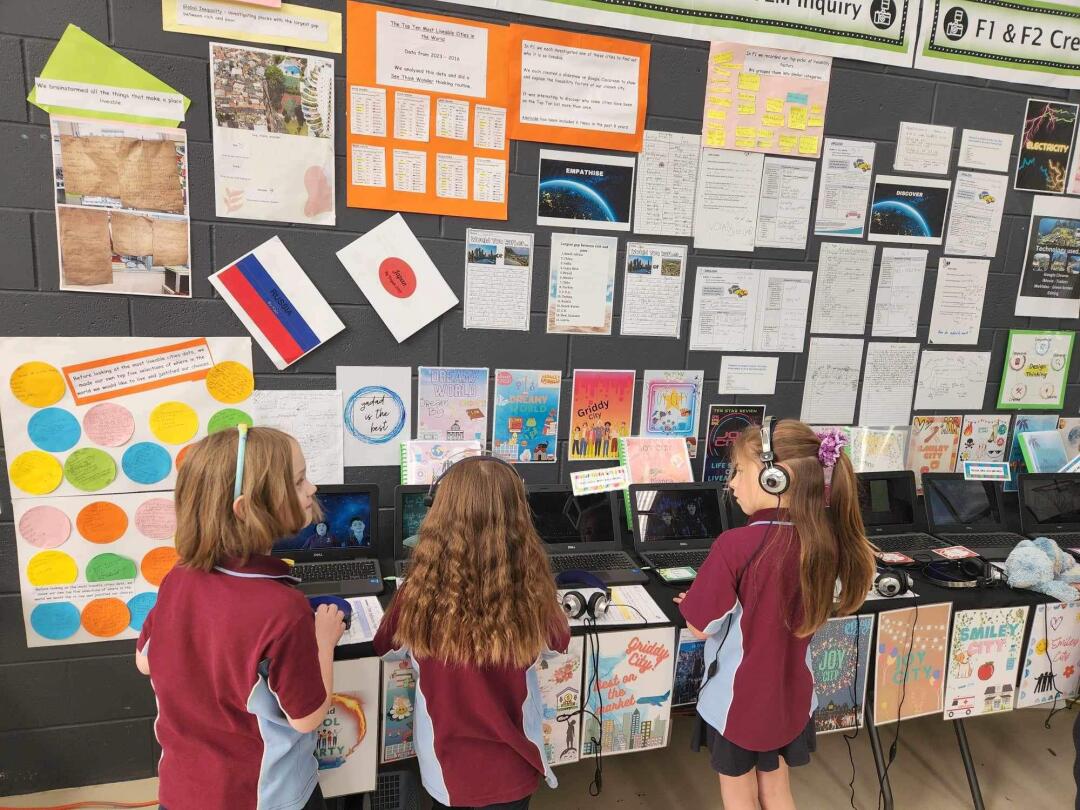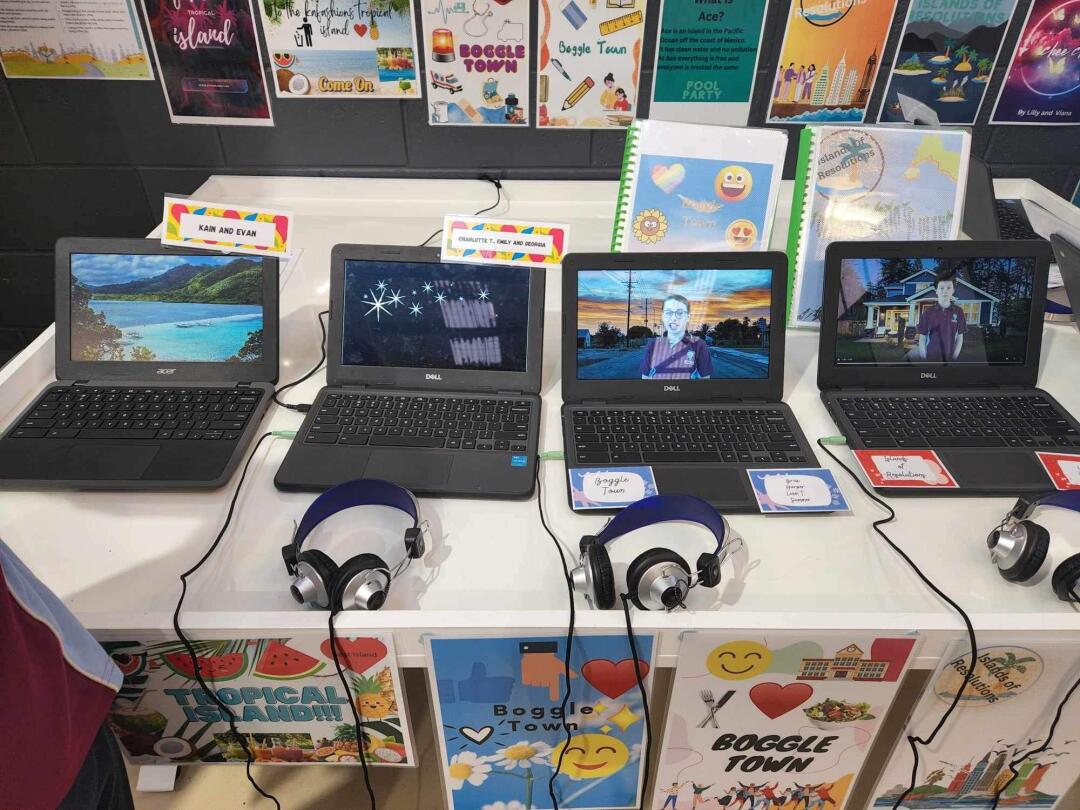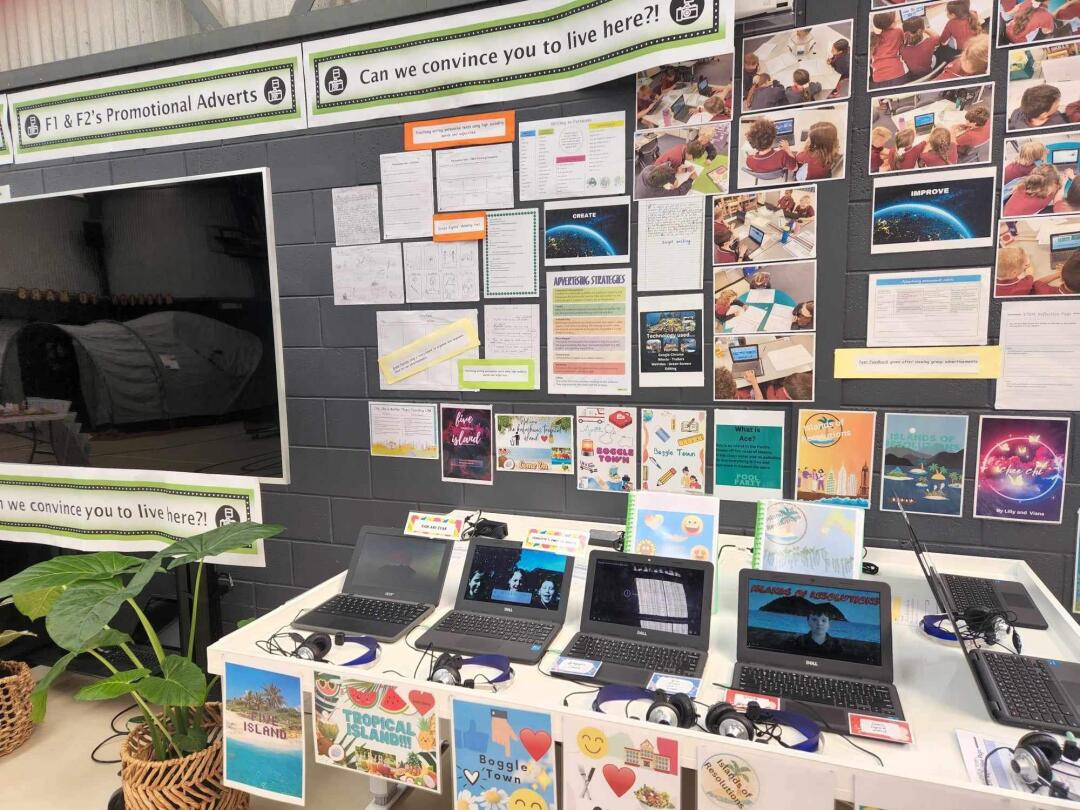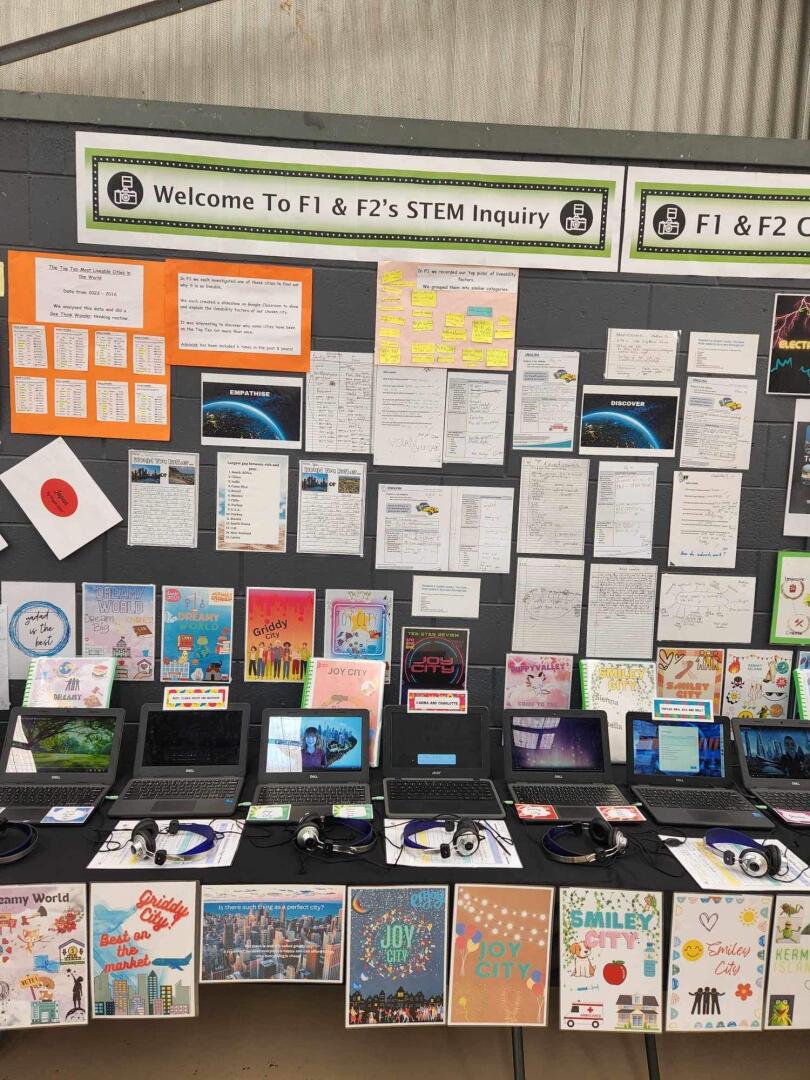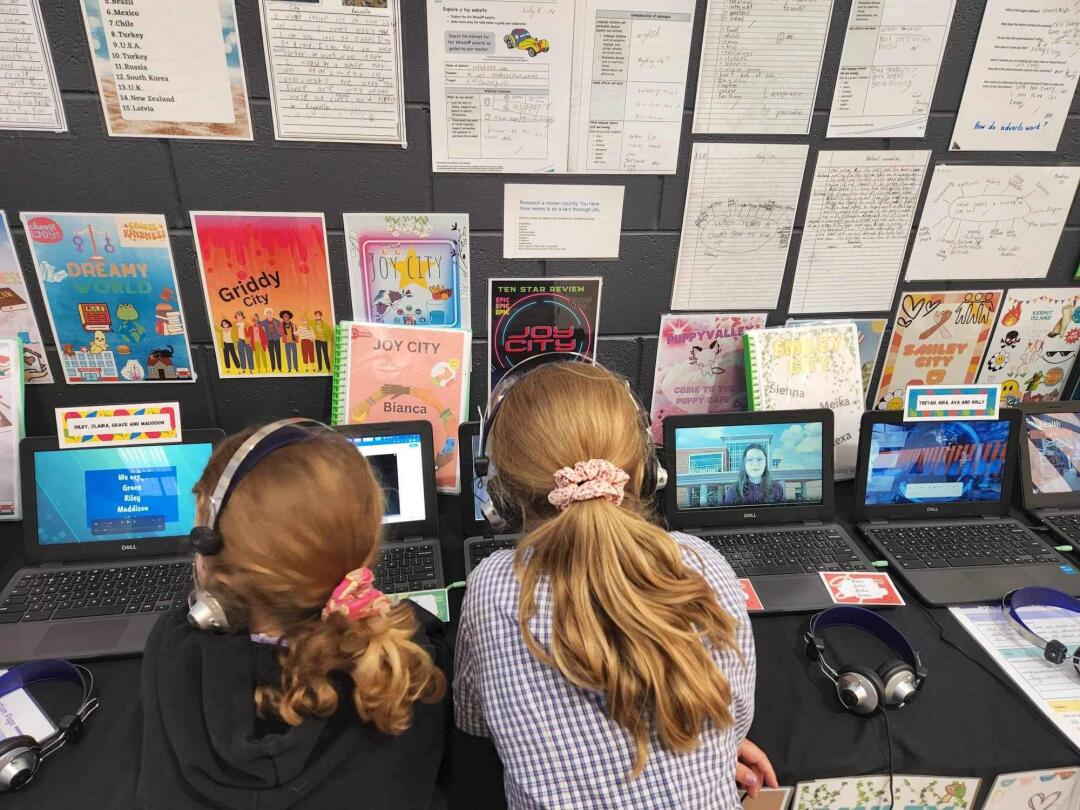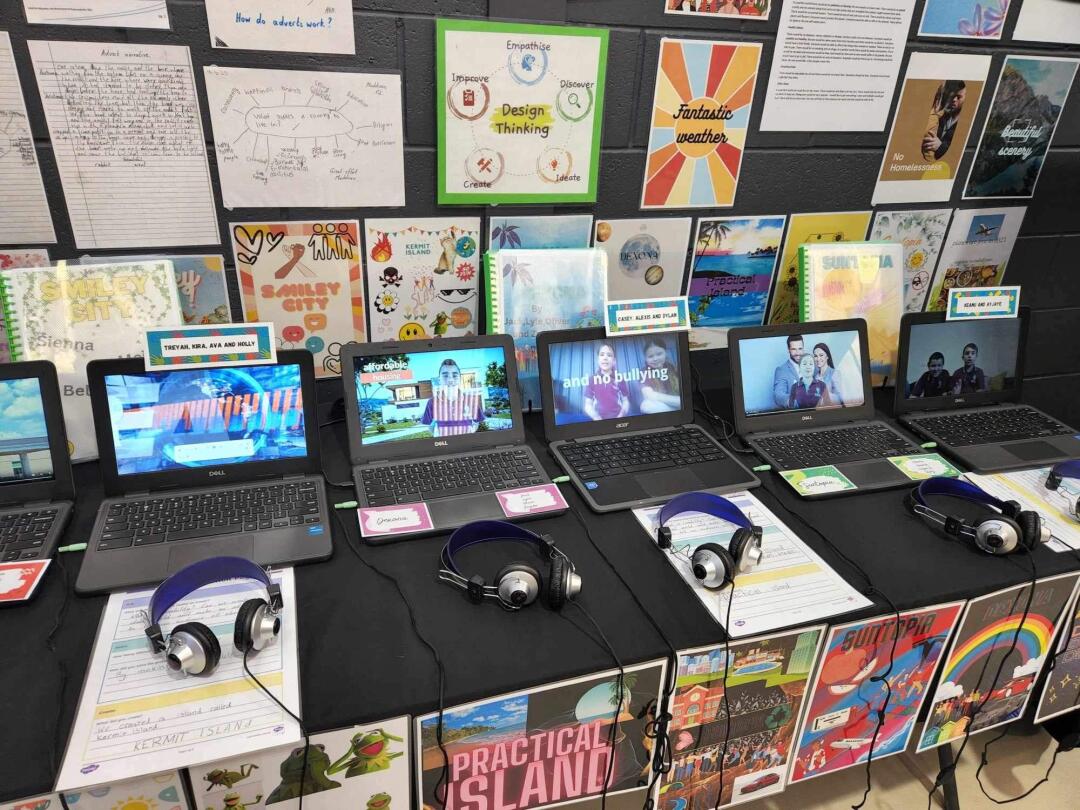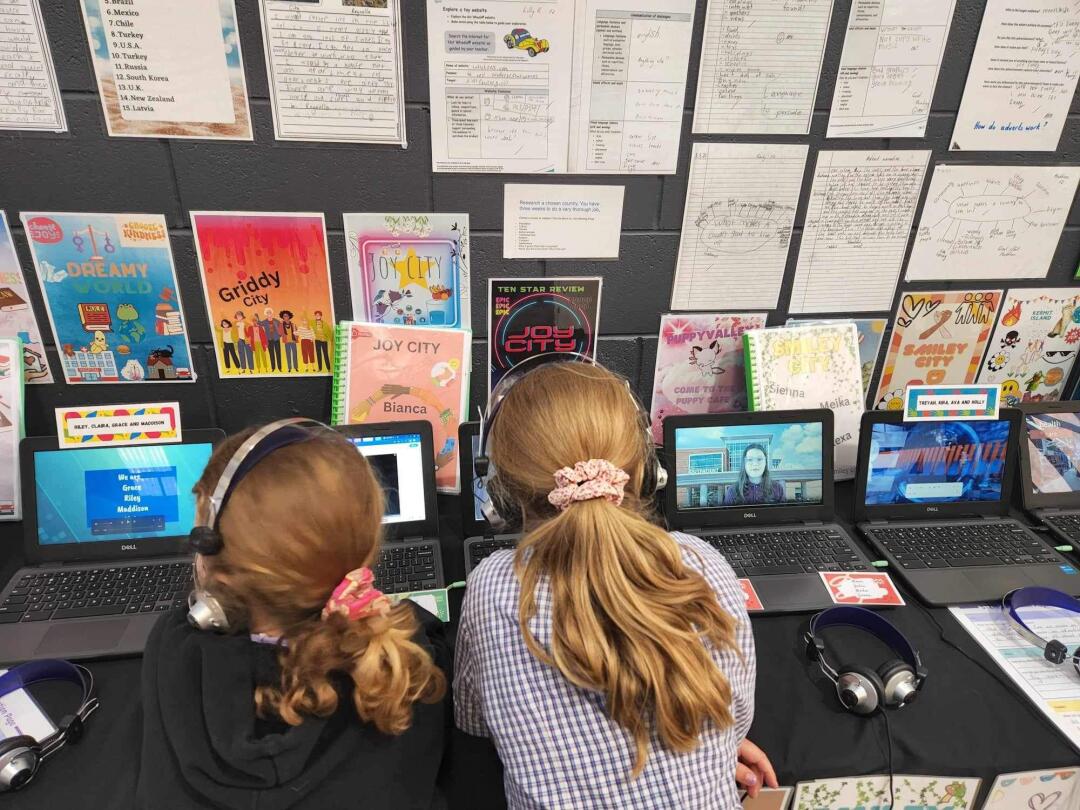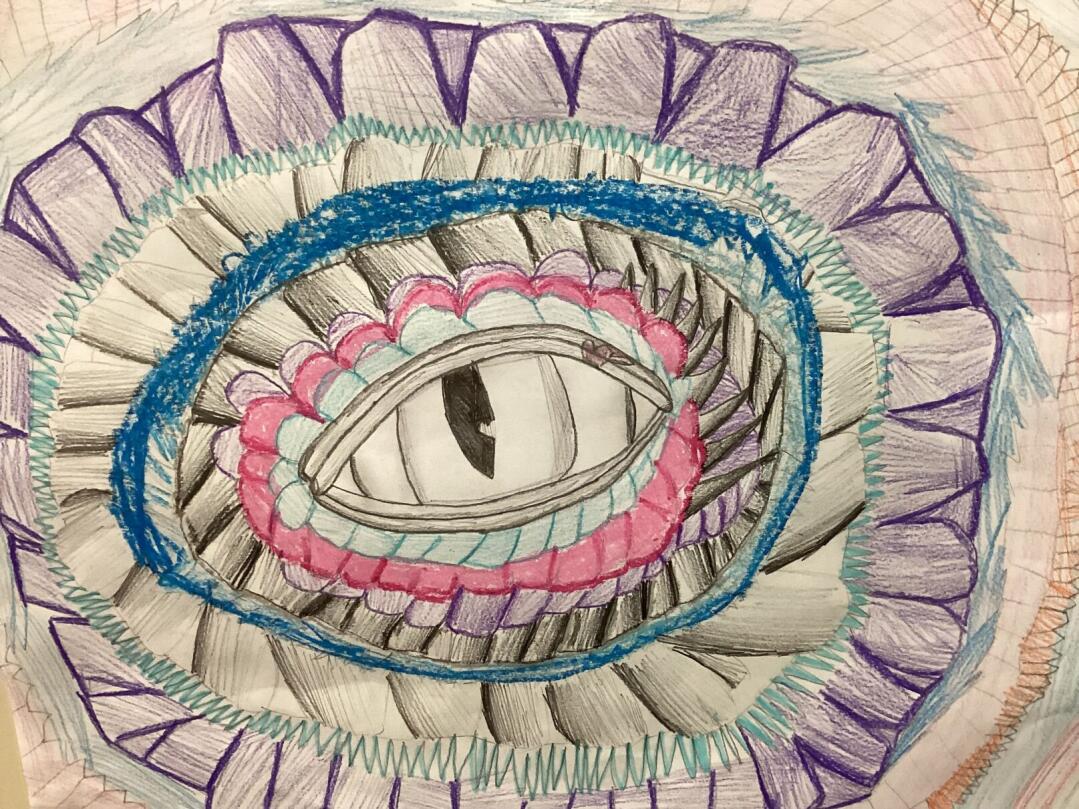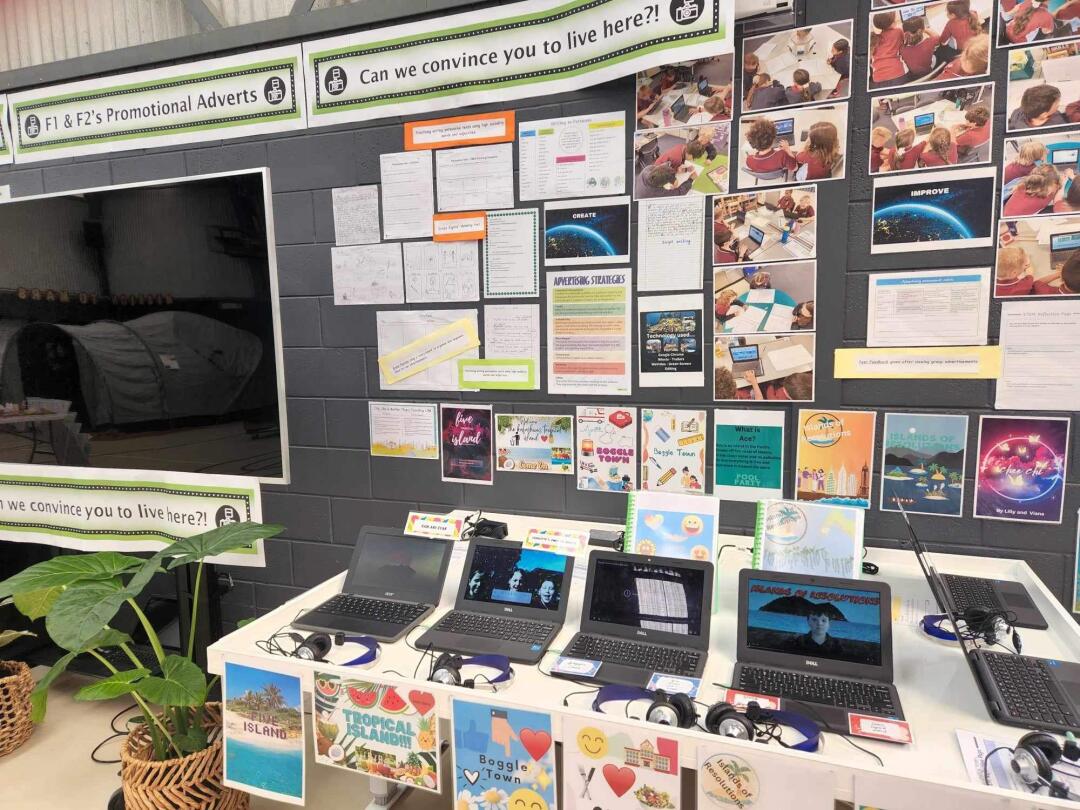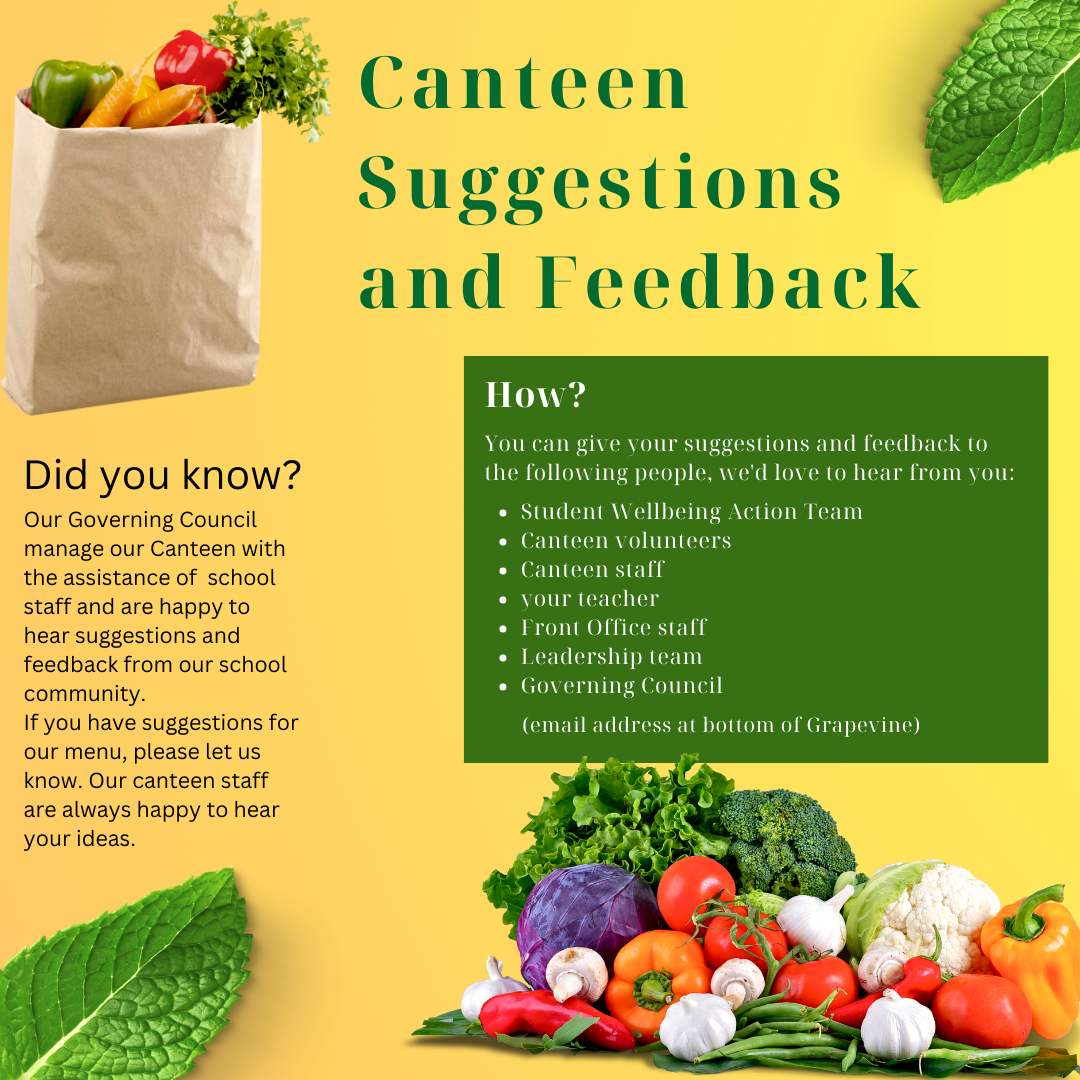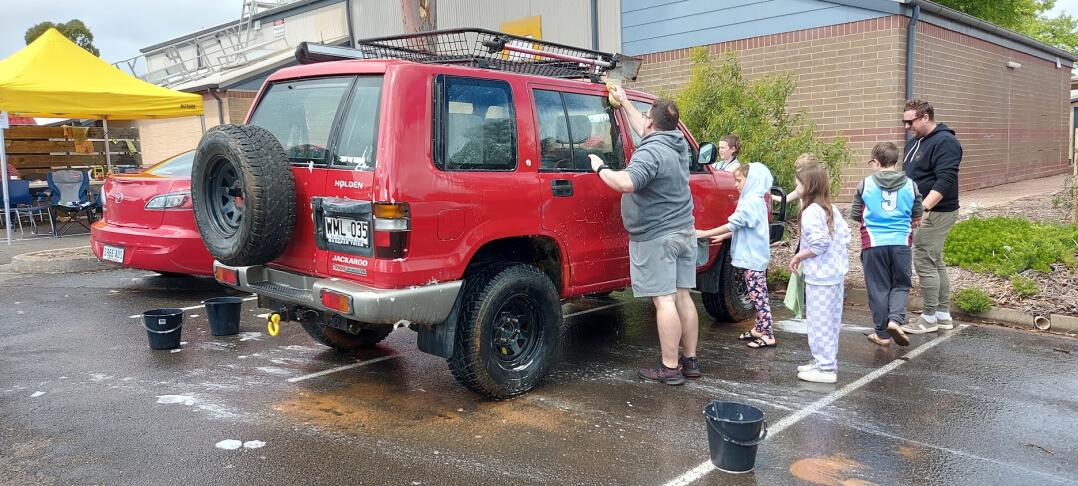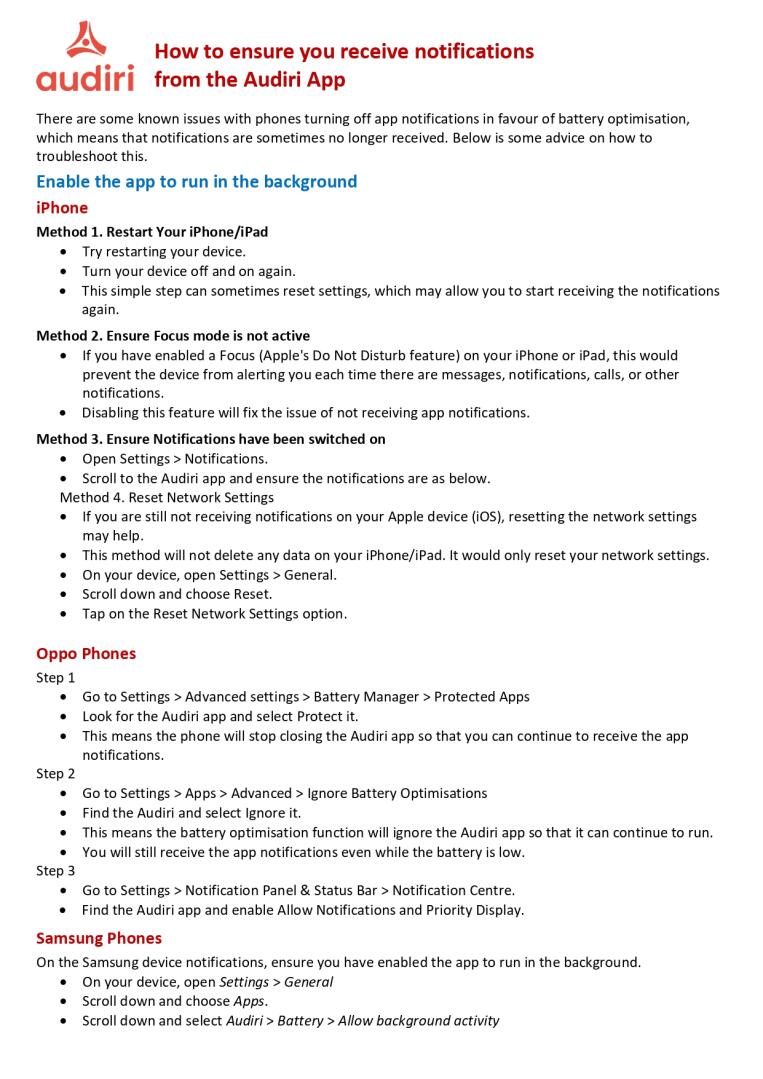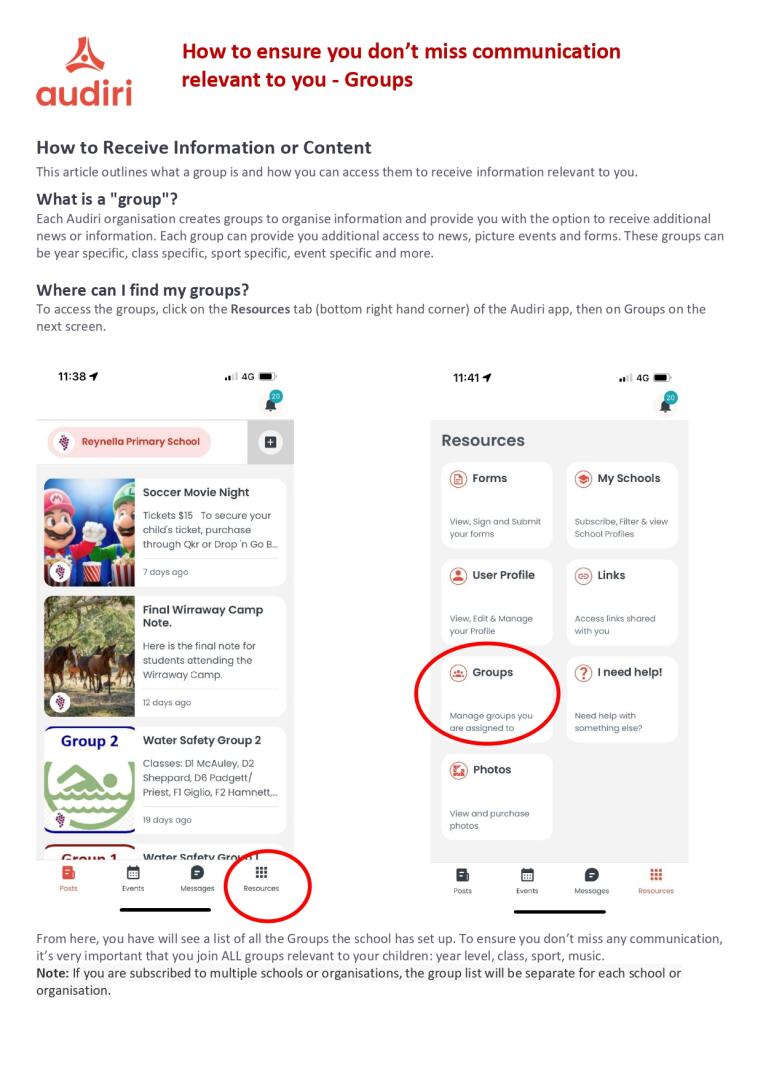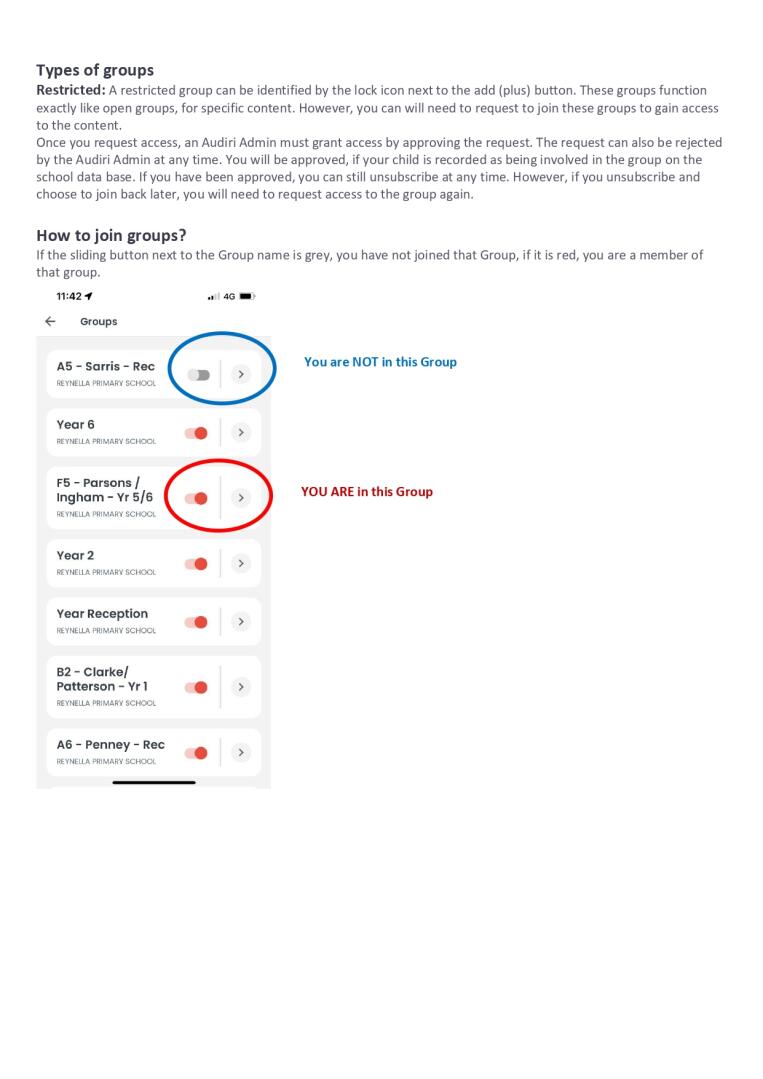As we find ourselves in the final term of the 2023 school year, it is a time filled with mixed emotions. While we are all looking forward to the well-deserved summer holidays (and Christmas), we also need to acknowledge the significance of this time, especially for those transitioning to secondary schooling next year. There is much to look forward to this term, particularly the End of Year Concert and Year 6 Graduation.
It is vitally important that we maintain our expectations for behaviour and learning so that all our students have the opportunity to participate in the myriad of end of year activities teachers have planned. Continuing to uphold these expectations ensures that our students finish the year strongly and are well equipped to face the challenges ahead.
USE OF SOCIAL MEDIA
In today's ever-evolving digital landscape, pre-teenagers have increasingly become part of the social media world. As educators and parents, we understand the importance of fostering a healthy relationship between our children and technology.
Pre-teens use social media to have fun, make and maintain friendships, share and learn interests, explore identities and develop relationships with family. It’s an extension of their offline and face-to-face interactions.
Social media can connect our children to online global groups based on shared interests or sites for commenting on and sharing content about particular interests like games, TV series, music or hobbies.
The greatest concern around the use of social media is cyberbullying, the ramifications of which often spill over in to the schoolyard and classrooms. Cyberbullying is when someone uses the internet to be mean to a child or young person so they feel bad or upset. It can happen on a social media site, game, app, or any other online or electronic service or platform. It can include: posts, comments, texts, messages, chats, livestreams, memes, images, videos and emails. These are some examples of ways the internet can be used to make someone feel bad or upset:
- Sending hurtful messages about them.
- Sharing embarrassing photos or videos of them.
- Spreading nasty online gossip about them.
- Leaving them out online.
- Creating fake accounts in their name.
- Tricking them into believing you are someone else.
Preventing cyberbullying and responding to incidents promptly is crucial for maintaining a safe and supportive learning environment in primary schools. Encouraging empathy, kindness and digital citizenship can go a long way in preventing the negative impact of cyberbullying on students.
The best course of action when your child has experienced serious cyberbullying is to contact SAPOL.
Talking with your child is the best way to protect them from social media risks and ensure their internet safety. Most social media apps require people to be at least 13 years old to sign up. But these age restrictions aren’t always enforced, so pre-teens can often still use the apps. It can be tricky if your child’s friends are using social media apps before they’re old enough and your child wants to do the same. Don’t be fooled in to thinking that all their peers are on social media – they are definitely not.
Together we can ensure that their online experiences are positive and educational, while minimizing risks.
For more information please follow the links: Key topics | eSafety Commissioner or ThinkUKnow



